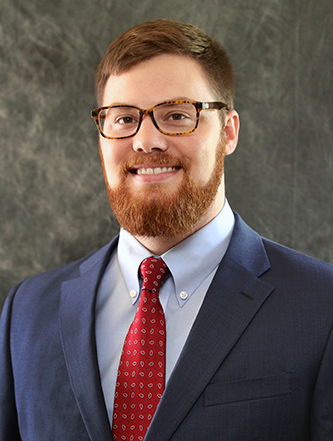Parking Fees Alone Cannot Fund MetroLink Expansion
Saint Louis City Mayor Francis Slay wants to spend $2.2 billion on a new north–south MetroLink line, originally reported at 17 miles long and now coming in at a whopping 31 miles. The Mayor has been enthusiastically pushing the expensive project, but the plan is light on funding details. The plan assumes the federal government will contribute $800 million, but local taxpayers will still need to come up with $1.4 billion for the project to move forward. For context, the Saint Louis Cardinals were valued at $1.4 billion last year.
So far, Mayor Slay has mentioned raising the city’s parking fees to fund the expansion. While this suggestion may appeal to transit activists, parking fees won’t be nearly enough to pay for 31 miles of new MetroLink track. The city’s entire parking division collected just over $16 million in revenue last fiscal year. But the City and County dish out more than $120 million a year just to keep MetroLink running. Even if parking division revenues doubled (or tripled, or quadrupled), expanding MetroLink would still be far out of reach.
The math on parking fees is indisputable, and points to the possibility that the city will be counting on the rest of the region to make the MetroLink expansion happen. The city is looking to Saint Louis County taxpayers, and perhaps others around the region and state, to help pay for the expansion. In fact, the expansion likely cannot move forward unless county taxpayers pay more. But much of the north–south route is far from many county residents, and the county already contributes roughly four times [see p. 67] what the city does in terms of transit funding.
What will it take to expand MetroLink? Assuming Metro, Saint Louis’s transit agency, issues 30-year bonds at current interest rates, expanding MetroLink will require roughly $60 million each year (not including increased operating expenses). To come up with that much money, the city would need to increase parking fees, and both the city and the county would need to impose an additional sales tax, likely of 0.5%. Such an increase would put many local sales tax rates far above 10%. While the mayor and rail proponents may not want to mention such large taxes increases, it’s difficult to see how Metrolink expansion can move forward without them.
As the City pushes big transit plans, taxpayers throughout the region should ask themselves if expanding MetroLink is really worth the cost. Despite the unfounded claims of transit activists, MetroLink has failed to spur development, create jobs, or turn our region into a magnet for the “creative class.” Can we really afford another $1.4 billion?


